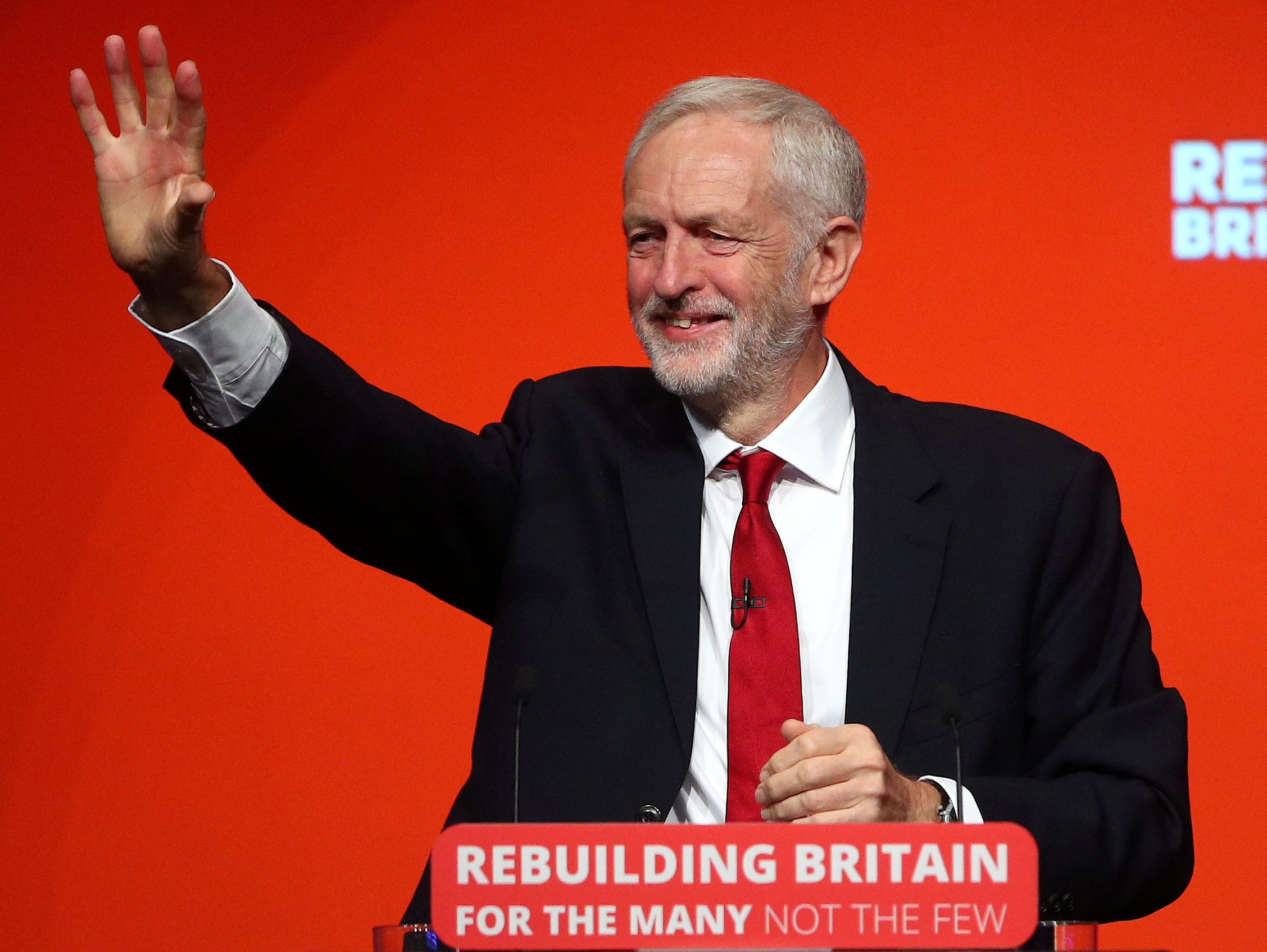As I write, a sound dances on my ear drums, stirs my attention. I look out the window and see snowflakes. The sound persists. I’m disturbed. Is that trill the tiny tinkling bells on Saint Nicholas’ cap? Is the boom his boots on my doorstep? I hear a snort. The reindeer! They’re here… With my young heart aflutter I walk to the door, to capture Santa before he clambers to my roof. My hand wraps around the brass doorknob. I stand back, and pull the door away. Saint Nick! No. No… The snow was a ripped up pamphlet. The boots beyond my door were those of a canvasser.
Yes, it’s nearly here. The holidays are coming, anarchy is coming. In little under a month we will be at the polls, indicating who deserves the chalice of power. It is little mystery to Sussex alumni who their peers will be voting for. On the spectrum of ideology, at least, a vast portion lie to the left. The question arises then, not for who to vote, but where?
Brighton Pavilion, where many students will be eligible to vote, saw 52.26% of the electorate voting for the Green Party in the 2017 election. The constituency is little less than a haven for idealists, blemishes excluded. Casualties to Conservative policy-making are often overlooked in discussions of Brighton by students. With the second largest homeless population, wide spread drug misuse, and three universities with striking faculty, Brighton is hardly the bastion of peace it purports itself to be. In fact, it is a deeply troubled city, despite a population that strive for better. This is because, despite it’s ideals, Brighton is subject to the same government as the rest of the country, and Caroline Lucas, despite her platform, has little power. Both Labour and the Greens are keen to trumpet the value of the student vote, necessarily, because of the boost it represents for them. What is less widely recognised however, is the redundancy of this vote in constituencies such as Brighton Pavilion.
Many students join Sussex University because of the escape Brighton offers from Conservative constituencies. This is a point the University acknowledges and capitalises on. Sussex is “a place to bend the rules and push the boundaries” because the rules are less rigid to begin with. For decades Brighton has been a space for subversion, and in this way, it’s segregated. Is it ethical as Brightonians to enjoy our liberal lifestyles while other regions struggle under conservatism? I suppose, no, it represents both an indolence and ignorance. Attending a protest in Brighton feels less of a struggle, more like a party. This is convenient for the current power-holders, it lends itself to their rhetoric. There is no threat while we remain where we are. The revolution will be ghettoised – good for them.
An election on the 12th December is controversial for multiple reasons, one being the threat it represents to students voting. For Sussex students, the election comes in the final week of term, a week where many will be pulling out their hair over deadlines, drinking every night to Mariah Carey, while rushing around to complete their Christmas Shopping. We are all, too, likely to be in Brighton. What does this mean for the election result? Well, if all 17,000 students were eligible to vote, assuming all students were ideologically left, the Green Party would remain seated. The greatest challenger, Labour, could maybe see an increase in support. Little changes, the Conservatives go unthreatened.
So what of South Northamptonshire, my home constituency? According to the 2017 election results, the Conservatives hold a 62.46% majority. Voting Labour to dislodge the Tories may seem unlikely, but it is all the more necessary. If I were voting in North Northampton, where a void of only 807 separates the Conservatives from Labour, my vote would be essential. But we have moral quandries to navigate. Suppose your home constituency needs the tactical vote of a Lib Dem candidate to dislodge its Tory majority, as would be the case for Lewes. Voting often takes place with social assimilation in mind, and many Sussex students would feel uncomfortable explaining to friends their vote for the Liberal Democrats, who allowed the University fees we have all had to pay. A Labour minority propped up by the Lib Dems, while not ideal, gives the opportunity for Corbyn to demonstrate his governance. It offers the chance to see the first stages of a transition to publicly owned services and, importantly, allows for a government where the remain stance is vocal and has a hand in policy making. This would ensure the second referendum towards which Corbyn is recalcitrant. While you may have to forego your track record of Labour/Green voting, it will help to ensure one thing, the further dissolution of a party that fails its people.
So ensure that, come the 26th November, you have considered the margins that separate your preferred party from power, and the difference across constituencies. Travelling home, or applying for a postal vote, could make all the difference in who gets seated in parliament. Voting in Brighton may not see the result you wish.

